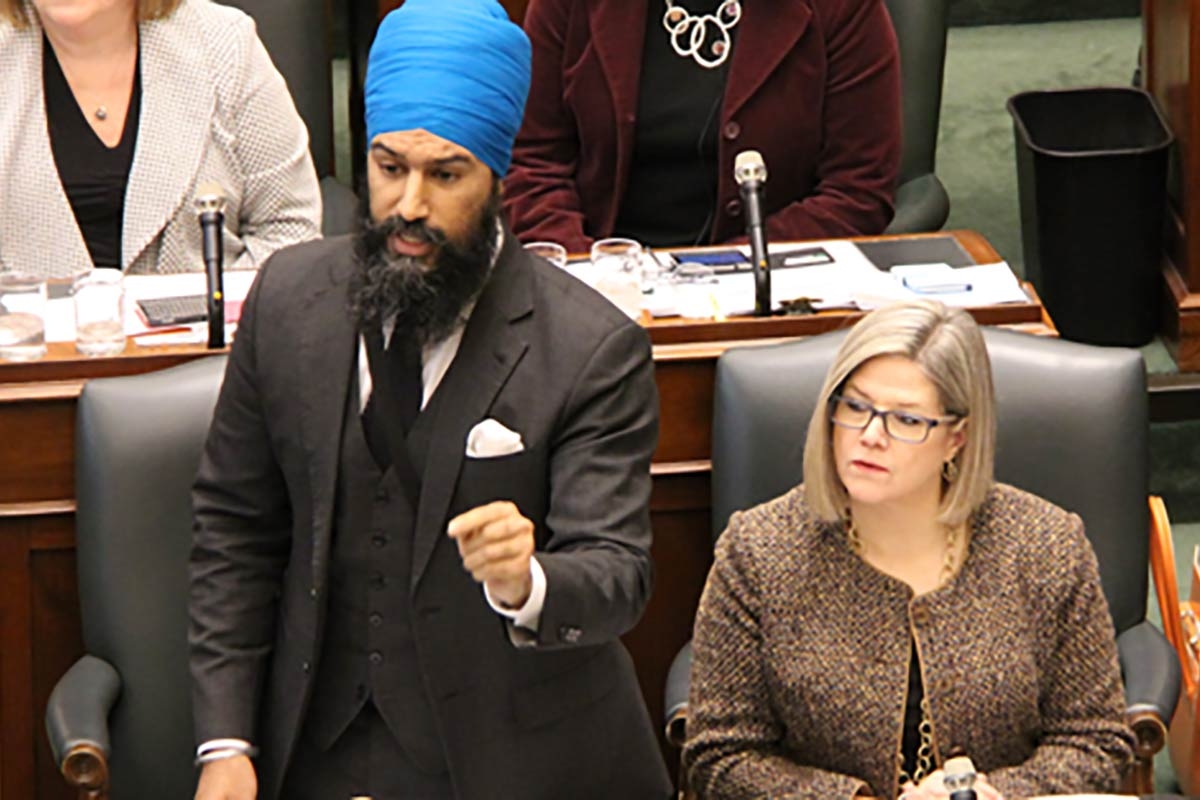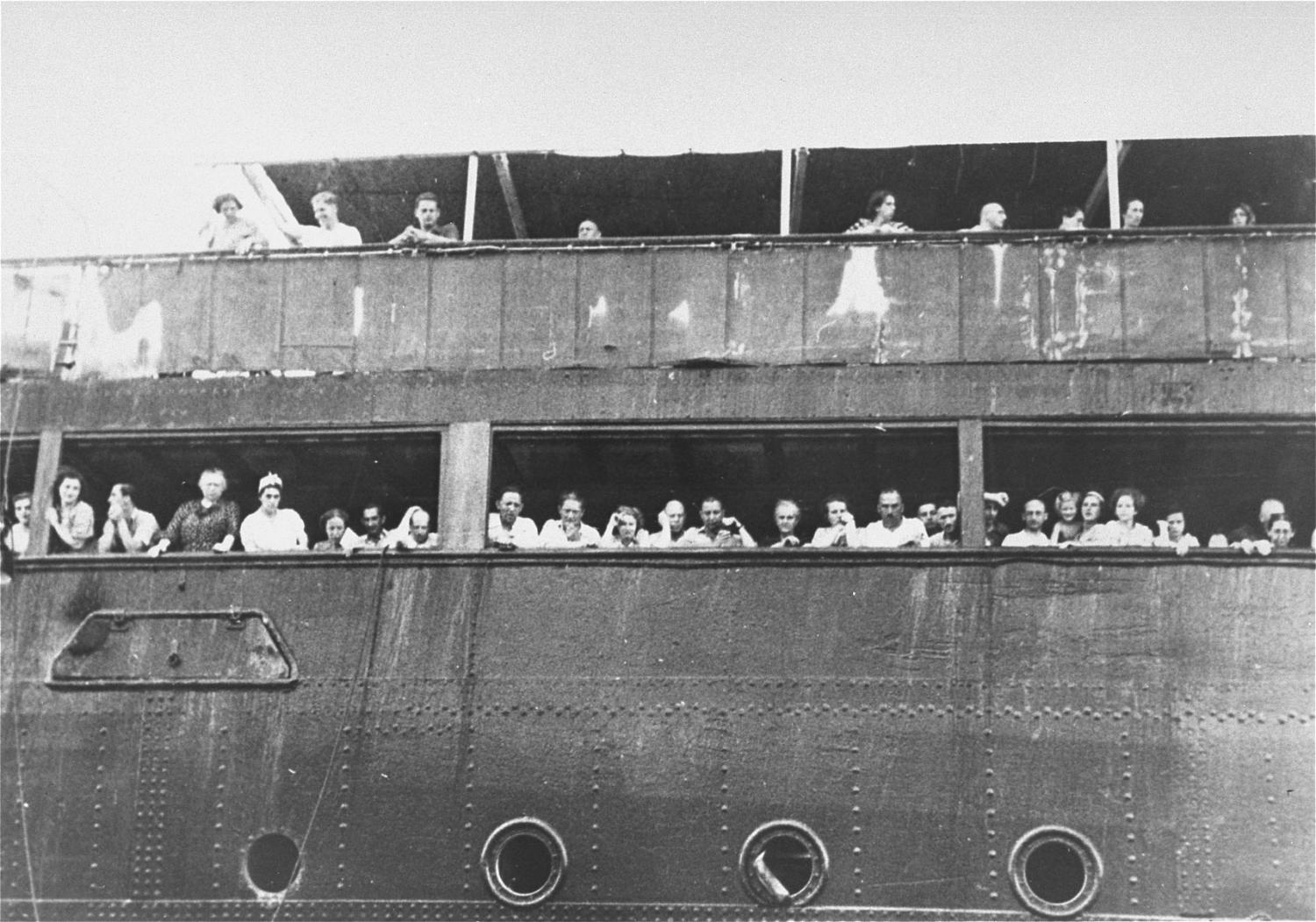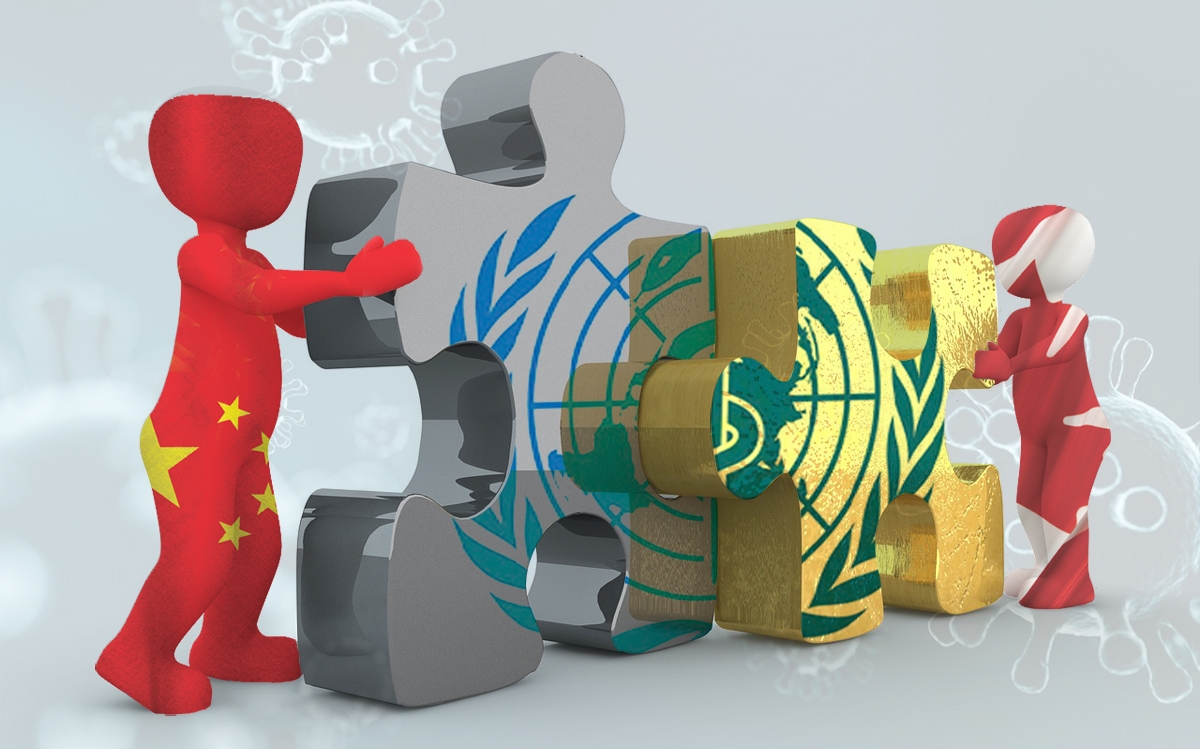
The Emperor Has No Clothes
The NDP are in freefall. With just ten months until the next election the question for many party members is whether or not they should jettison Jagmeet Singh now and bring back Thomas Mulcair, or recruit Alberta Premier Rachel Notley as the NDP federal leader before the party walks off a cliff.
Singh has proven to be the NDP's worst nightmare. Chosen in October 2017 because he fit the diversity narrative so popular with socialists these days, the Sikh with the suit and colorful turbans was most comfortable when talking about diversity and social justice issues.
His problems began shortly after he won the leadership when he tried to parse words in an interview with CBC's Terry Milewski regarding questions about the 1985 Air India terrorist attack, saying he "has no idea" who orchestrated the worst terrorist incident in Canadian history. This is akin to an American politician saying he had no idea who was responsible for 9/ 11.
Worse, it put Singh in the same category as the extremists within Canada's Sikh community who persist in the glorification of Talwinder Singh Parmar, the murderer responsible for the bombing that killed 329 innocent people.
By using his pulpit as the federal NDP leader to act as an apologist for a mass murderer in order to appease extremists in his community, Singh left many in the NDP questioning his judgement. Also being questioned was whether or not he had the substance or smarts to fill the role they had just bestowed upon him.
In the short time since, Singh has managed to turn the once serious NDP Parliamentary caucus into a comic soap opera. He has alienated and offended most westerners on the energy file; made statements that caused Alberta NDP Premier Rachel Notley to publicly rebuke and scoff at him over his lack of knowledge on key pipeline issues; drawn the ire of Canada's most influential labour leader, Unifor President Jerry Dias, who refers to Singh's views on energy issues as those from a champagne socialist; has caused several NDP MPs to announce they will not run again in the next election; and likely worst of all, he has managed to simultaneously alienate the traditional NDP donor base while failing to attract new donors, leaving the party in a precarious state teetering on the brink of financial collapse.
The Soap Opera on the Hill
When Ed Broadbent, Jack Layton and Thomas Mulcair were the NDP leaders in the House of Commons, the government of the day expected to be held to account by tough NDP critics who asked well-researched questions that were usually kicked off each day by their leader. Often these were the news stories of the week and Canadians knew where the NDP stood.
Layton's leadership in the House led the party to its historic Official Opposition status in the 2011 election. Mulcair, who replaced Layton after his untimely death, has been called one of the best Opposition Leaders in Canada's history for his incisive, targeted and damaging attacks on the Harper government.
Jagmeet Singh chose not to make getting elected to Parliament a priority. Instead, he got into the weeds with NDP Caucus members about personnel and personality matters that should have remained private. This evolved into Kardashian–esque public squabbles between Singh and his elected MPs, including a hearsay sexual harassment claim made by MP Christine Moore (Abitibi—Témiscamingue) against her colleague MP Erin Weir (Regina—Lewvan) that appeared to be politically motivated. While Moore did not experience the alleged behavior personally, her complaint led to Singh assigning University of Ottawa Law professor Michelle Flaherty to "investigate" the matter. (Moore had also made sexual harassment complaints against Liberal MPs Massimo Pacetti and Scott Andrews in 2014.Both were booted from the Liberal caucus after those complaints surfaced).
During the "investigation", Weir was not told who his accusers were or what specifically he was being accused of and investigated for. Flaherty's conclusions determined that while there was no finding of unwanted touching, verbal remarks or gestures of a sexual nature, Weir had missed “social cues” and sometimes sat or stood too close to women, or spoke with them for too long.
When Singh was challenged about the veracity of this conclusion, his zinger to journalists in trying to justify its outcome was that "the presumption of innocence is "strictly" a legal construct in Canada" which left many gob smacked. Singh is (apparently) a lawyer.
Weir responded to the findings publicly saying he believed there were too many inconsistencies to allow the investigation of his behaviour to stand without a second look. “On the one hand, we have Mr. Singh stating that the investigation’s findings of standing too close, talking too long and having an argument make me a threat to workplace security,” he said. “On the other hand, we have a large number of people raising serious concerns about the investigation’s lack of due process and expansive interpretation of harassment.”
Singh's response to Weir's rebuttal was to boot him out of the NDP caucus. Shortly after, 67 former New Democrat MPs and MLAs from Saskatchewan all signed a letter of support for Weir that was sent to all NDP members of Parliament. The letter accused Singh of denying Weir due process and unfairly maligning his character while flouting the party’s constitutional rules for dealing with harassment complaints.
Signatories included stalwart former MPs like Dennis Gruending, Bill Knight and Lorne Nystrom. Knight is a former national director of the party. Former Saskatchewan Justice Minister Eric Cline also provided a legal opinion advising Singh that he was in breach of the disciplinary procedures set out in the party’s constitution and the anti-harassment policy adopted by New Democrats at their last convention. This was soon backed by a second similar opinion.
Singh responded to the letters and legal opinions by dismissing them. He said that Weir had not taken the actions necessary to rectify the damage he did to the NDP’s work of building a safer workplace and party.
“I have not seen evidence of a genuine understanding of how your behaviour needs to change or an expression of regret and remorse for describing sustained findings of harassment as ‘trumped up,” claimed Singh.
Ironically Christine Moore, Weir's accuser, was herself suspended by Singh later in May after sexual harassment accusations were made against her by a military veteran. After an investigation, she was re-admitted to the Caucus. Since then, NDP fundraising in the province has all but dried up and Erin Weir has stated his intention to run again in the 2019 election for the NDP.
In the meantime, the once proud and fiery NDP Opposition front bench on Parliament Hill has evaporated as Andrew Scheer's shadow cabinet took centre stage with its group of brash, knowledgeable and talented critics like Pierre Poilievre, Lisa Raitt, Michelle Rempel and Candace Bergen who are taking all the Opposition media oxygen in Question Period and in Committee. The NDP under Singh seem to be non-existent or worse, irrelevant on Parliament Hill.
No Nonsense Notley
‘Shut up and go away’ would accurately sum up how Alberta's NDP Premier Rachel Notley feels about Jagmeet Singh. In an interview last August, Notley referred to Singh as "thoughtless and elitist" and then publicly ridiculed his opposition to the Trans Mountain pipeline project and Alberta energy concerns.
Singh had made highly charged and simplistic attacks on the federal deal to buy the Trans Mountain pipeline project from Kinder Morgan saying Canada “should not be spending public dollars on a 65-year-old leaky pipeline.” Singh also mused that "Canada should wean itself off Saudi Arabian oil". Notley was having none of his double-speak, pointing out that the pipelines project will create thousands of jobs as workers build a new parallel line to allow Alberta to ship more oil sands bitumen to the West Coast for transport overseas.
“I am a New Democrat that comes from the part of the party that understands that you don’t bring about equality and fairness without focusing on jobs for regular working people. To forget that and to throw them under the bus as collateral damage in pursuit of some other high level policy objective is a recipe for failure and it’s also very elitist,” said Notley.
She also noted that to no longer rely on Saudi oil, Canada would need to be able to buy more Alberta oil and the only ways to get that oil to Central and Eastern Canada would mean building more pipeline capacity, an idea Singh is strongly opposed to.
Notley's comments were similar to those she directed in 2016 towards the Leap Manifesto group in the NDP party, fringe activists who she described as naïve, ill-informed and tone deaf. The Leap group proposed a ban on pipelines, tied to increased use of non-renewable energy and says Canada must get all of its electricity from renewable resources within two decades and be completely independent of non-renewable by 2050.
Many in the NDP rank and file feel that Singh is using his perch to support Leap Manifesto policies which are completely out of sync with the mainstream of the party. Singh also managed to upset rank and file union members and blue collar NDP supporters over energy and pipeline issues. UNIFOR Leader Jerry Dias refers to people who support Singh's views on energy matters as champagne socialists and makes it clear he is not one of them. Both Notley and Dias have called for all governments in Canada impacted by energy and pipeline issues to sit down and think about how Canada can do things differently. Dias has called for a national energy strategy that links energy resources with pipelines, workers and environmental and indigenous concerns. Notley says she would discuss a national strategy with any provincial or federal politician. Singh has not said how he would move Canada's vast energy resources to market.
Money Talks – the financial melt-down of the NDP
The worst news for Singh and the party is financial. Fundraising is down – way down.
The 2017 annual federal NDP financial return filed with Elections Canada shows the party finished the year with assets of $6.2 million and with liabilities totalling $9.3 million, leaving negative net assets of $3.1 million. This is the worst year over year financial showing for the NDP since the late 1990's. The party spent more than 7.2 million in operating expenses in 2017, but only brought in $5.9 million leaving an operating deficit for the year of $1.4 million. However, this was half of the size of the operating deficit in 2016 which means that operational costs have been severely cut already due to declining revenue. Filings show that at year end 2016 there was $2.5 million in cash and by the end of 2017 that had dropped to just $378,000.
During this same period the NDP has drawn an additional 1.45 million on its line of credit. From 2003 to 2015, audit reports show that the NDP had revenues of approximately $9 million in every fiscal year. Party revenues amounted to less than $6 million in each of the last two fiscal years.
Conversely, the Liberals and Conservatives finished 2017 with net assets of $1.7 and $1.5 million, respectively. The Conservatives had $4.8 million in cash at the end of the year, compared to $1.6 million for the Liberals and $1.3 million for the Greens.
In short, under the leadership of Jagmeet Singh, NDP fundraising is trailing both the Conservatives and Liberals significantly. In the first half of 2018, the Conservatives raised $12.1 million and the Liberals $6.4 million. The NDP raised only $2.2 million in the first six months of this year. Given this record it is hard to see how they will have enough money in ten months to fight a credible campaign against their opponents in a general election. A general election cost approximately $40 million — $20 million for the central campaign and $20 million for the battles in ridings. The NDP is nowhere near bringing in enough money to fight a competitive campaign next fall. NDP supporters across the country are not supporting Jagmeet Singh with their wallets.
The Last Shot
The past summer, Jagmeet Singh finally clued in that he needed to get into the House of Commons quickly to try to turn around his fortunes. So, when a seat opened up in Burnaby British Columbia he announced he would run as the NDP candidate in that riding. The seat is not traditionally NDP and Singh is not from the area and does not poll very well there, yet Singh's advisors believe they can win in Burnaby.
They argue that former NDP candidate Kennedy Stewart won by 500 votes over a popular Liberal candidate, who increased support by more than 10,000 votes from 2011. The Green Party will not run a candidate against Singh, and his supporters say his anti-Trans Mountain position will be popular in the riding. Others aren't so sure but everyone seems to agree that a win, even this late in the game, will salvage Singh’s leadership enough to give him the shot to run a federal campaign against Trudeau and Scheer.
If he loses the by-election there will be a huge groundswell of people who will want him to step down so the party does not go down with him. Dream candidates to lead the federal party are Rachel Notley, Jerry Dias, and popular MP Charlie Angus. Many in Ottawa are saying that bringing back Thomas Mulcair could help turn the party's fortunes around before it's too late. Either way, time is running out and Jagmeet Singh's legacy may be that he was the guy who undid Jack Layton's legacy.
Then again, a week is a lifetime in politics and all of this might just go away. Singh might unify his caucus, unify his party, get the coffers flowing with 20 million dollars in the next 6 months and be ready to fight the fall 2019 election from coast to coast with a full slate of candidates. That could happen. But probably not.









